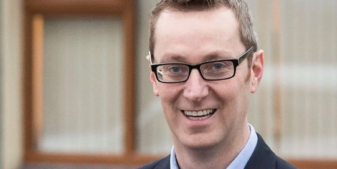The Northern Ireland Assembly’s All-Party Group on Reducing Harm Related to Gambling has called for a closer look on tax hike proposals.
The cross-party group wrote a letter to Chancellor Rachel Reeves expressing concern regarding the Treasury’s plans to harmonise tax rates across different remote gambling products.
The group thinks standardising tax rates would contradict the government’s manifesto commitment to reduce gambling harm, incentivising operators to drive customers away from lower-risk activities like sports betting towards more dangerous and addictive online slots and casino games.
Under recommendation from the Social Market Foundation and Institute for Public Policy Research, the All-Party Group wants to increase remote gaming duty to 50% and general betting duty to 25%.
These think tanks believe those measures could generate up to £2 billion in additional revenue for the government while discouraging the most harmful forms of online betting.
Reeves argued gambling operators “should pay their fair share” in her speech at Labour’s annual party conference in Liverpool.
The All-Party Group’s chairperson, Philip McGuigan MLA, is of the firm belief remote gambling products cause significantly different levels of harm and present greater risk than traditional betting.
McGuigan noted that gambling-related harm costs the government over £1 billion every year and higher tax rates could ease the burden on these costs.
Northern Ireland has the highest rate of problem gambling in the UK and due to antiquated legislation, remote gambling currently lacks a legal foundation in the region without the same regulatory protections as those in Great Britain.
McGuigan wrote: “Remote gambling, and in particular online gaming and slots, is causing untold harm to individuals, families and communities here.
“It is unacceptable that these highly addictive products could be taxed at the same rate as less harmful gambling activities, like betting on horse racing.”
This week it was revealed horse racing will not be included in Reeves’ proposed gambling tax rises, set to focus on gaming machines and online casinos instead.

